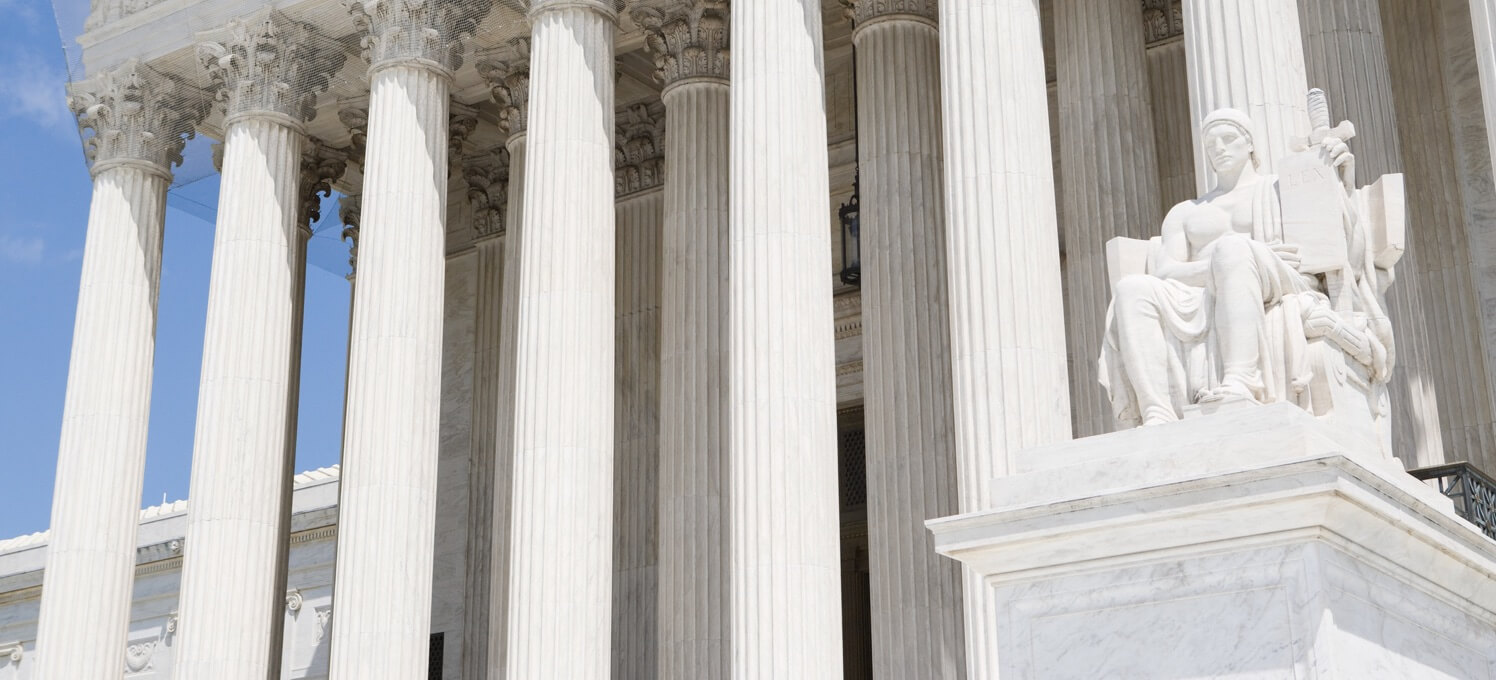On June 21, 2018, the Supreme Court decision in South Dakota v. Wayfair, Inc., overturned the long-standing case of Quill Corp. v. North Dakota (1992). Quill held that states could not enforce the obligation to collect sales tax against businesses that do not have a sufficient physical presence or connection to that state. This connection is also known as nexus.
Under the Quill ruling, an online business in Colorado, for example, did not need to collect state sales tax on sales to South Dakota residents if the business did not have a physical presence in or a connection to South Dakota.
The Supreme Court’s Wayfair decision means that states are no longer barred from imposing a sales tax obligation on online businesses that sell to their residents. Essentially, the state of South Dakota can now require a Colorado-based online business to collect state internet sales taxes on sales to South Dakota residents.
Following the ruling, each state will have to pass legislation to require online sales tax collection, and states may choose the minimum thresholds that apply before the tax must be collected.
The law in South Dakota, which led to the Wayfair lawsuit, requires any business with more than $100,000 in sales annually into South Dakota to collect state sales tax.
The same South Dakota law also applies when companies have more than 200 transactions in a year in the state.
Companies with sales below these 2 thresholds are not obligated to collect and remit the South Dakota sales tax without further nexus.
In making its decision, the Supreme Court specifically took into account the potential cost and complexity of managing this sales tax process. The ruling very explicitly noted that the Court granted South Dakota its petition because there were inherent protections of small businesses within their law. Based on this, it’s presumed the Court would not support a state law that makes compliance overly complex.








